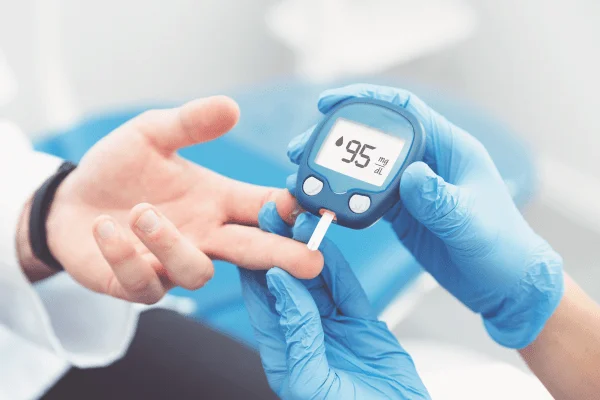An endocrinologist is a medical professional who specializes in the endocrine system, which is responsible for producing hormones. These hormones regulate metabolism and growth, among other bodily functions. Here is more information on what an endocrinologist does and how they help manage diabetes:
What Is an Endocrinologist?
An endocrinologist is a doctor with specialized training in diagnosing and treating disorders of the endocrine system. The endocrine system includes glands like the pituitary, thyroid, adrenals, and pancreas. These specialists undergo years of education to understand the complex hormonal interactions within the body. They work to identify the root cause of hormonal disorders and develop a management plan.
What Services Do They Provide?
Endocrinologists offer a range of services centered on hormonal health. They diagnose conditions by conducting physical exams, ordering lab tests to measure hormone levels, and interpreting the results. Their expertise allows them to identify specific disorders affecting the endocrine glands.
Treatment services include prescribing medication, such as hormone replacement therapy or drugs that regulate hormone production. They also provide guidance on lifestyle adjustments, including diet and exercise, which can affect hormonal balance. For conditions like diabetes, they provide ongoing management to monitor the condition and adjust treatment as needed.
What Is Diabetes?
Diabetes is a chronic condition characterized by high levels of glucose, or sugar, in the blood. This occurs when the body either does not produce enough insulin or cannot effectively use the insulin it produces. Insulin is a hormone made by the pancreas that allows glucose from food to enter cells to be used for energy.
There are several types of diabetes, with Type 1 and Type 2 being the most common. Type 1 diabetes is an autoimmune condition where the body attacks the insulin-producing cells in the pancreas. Type 2 diabetes develops when the body becomes resistant to insulin or does not produce enough of it.
What Are the Causes and Symptoms?
The causes of diabetes vary by type. Type 1 is primarily caused by genetic and environmental factors that trigger an autoimmune response. The causes of Type 2 are multifactorial and include genetics, obesity, and physical inactivity.
Common symptoms of diabetes include:
- Increased thirst and frequent urination
- Unexplained weight loss and increased hunger
- Fatigue, blurred vision, and slow-healing sores
These symptoms result from the body’s inability to properly use glucose for energy. If these symptoms are present, seeking a medical evaluation is recommended for proper diagnosis.
How Is Diabetes Treated?
An endocrinologist treats diabetes with a multifaceted approach tailored to the individual. Treatment for Type 1 diabetes may involve insulin therapy, which is administered through injections or an insulin pump. People with Type 2 diabetes may manage their condition with oral medications, insulin, or other injectable drugs.
In addition to medication, endocrinologists provide education on blood sugar monitoring. They also offer guidance on diet and physical activity to help manage the condition. Regular follow-up appointments allow for adjustments to the treatment plan based on the patient’s progress and health status.
Learn More About Managing Diabetes
An endocrinologist is a specialized physician who diagnoses and treats conditions of the endocrine system, including diabetes. They provide comprehensive care that includes diagnosis, medication management, and lifestyle counseling. Their goal is to help patients manage their condition and maintain their health. If you have been diagnosed with diabetes or are experiencing symptoms, consult with an endocrinologist today.














